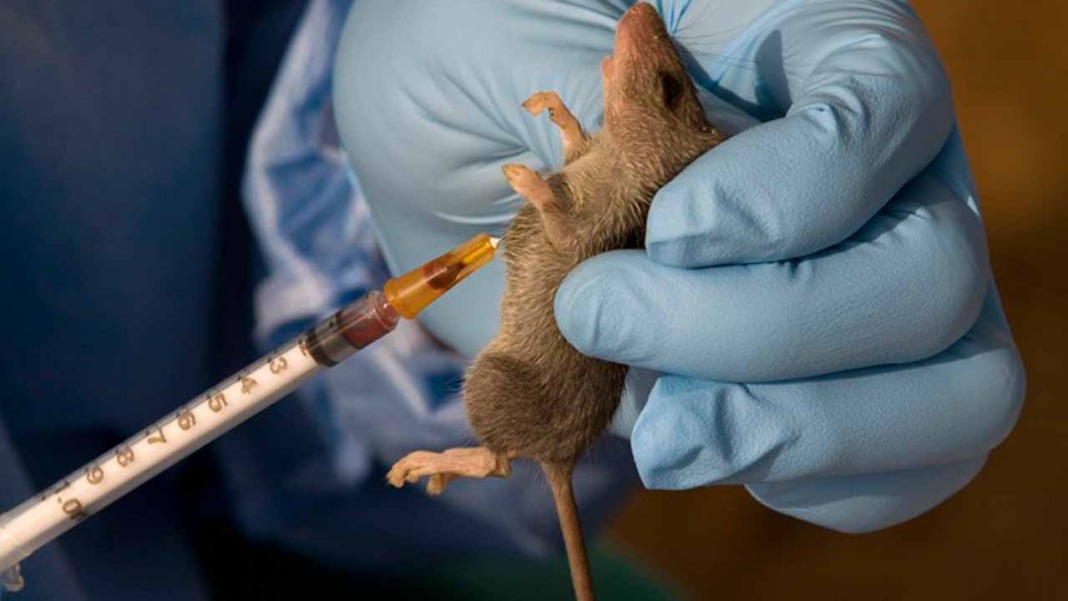Osun House of Assembly member-elect for Odo Otin State Constituency, Mr Adewale Egbedun, has spoken out about the recent surge in Lassa Fever cases. He attributed the rise in cases to the negligence of the federal government towards rural dwellers. Egbedun insisted that the federal government needed to take a proactive approach to tackle the scourge of Lassa Fever, rather than leaving state governments to bear the burden of prevention and treatment.
According to a statement signed by the lawmaker, many rural communities lack quality healthcare facilities that could manage health emergency situations, and many rural dwellers, who are often the victims of Lassa Fever, cannot afford the resources to access private quality healthcare.
The Nigeria Centre for Disease Control reported in its 15th-week Lassa Fever situation report that a total of 877 confirmed cases of Lassa Fever were recorded in 26 states and 101 local government areas from January 1 to April 16, 2023. The report also revealed that a total of 4,702 suspected cases were recorded, and the case-fatality ratio of the outbreak stood at 17.3 per cent, with the current death toll.
“The Federal Government of Nigeria is too negligent of the well-being of rural dwellers. This is the reason we have a surge in the confirmed cases of Lassa Fever in the last few weeks,” Egbedun stated. “Rural communities lack the appropriate healthcare system that can handle cases like Lassa Fever, and many of the rural dwellers who, at the lower level of the ladder, cannot afford private healthcare.”
Egbedun called for a nationalistic approach to fight Lassa Fever, just as the country did during the COVID-19 pandemic. He insisted that the federal government needs to provide the necessary resources and support to state governments to effectively combat the outbreak of the disease and prevent further loss of lives.
The lawmaker-elect’s call for action is not unfounded. The World Health Organization (WHO) estimates that Lassa Fever infects between 100,000 to 300,000 people in West Africa each year, with approximately 5,000 deaths. Nigeria accounts for the highest number of cases, with an estimated 80 percent of the total number of cases in the region.
Lassa Fever is a viral hemorrhagic fever that is transmitted to humans through contact with the urine or feces of infected rodents or through direct contact with bodily fluids of infected individuals. The disease is endemic, and its outbreak is seasonal, occurring mainly during the dry season.
To tackle the scourge of Lassa Fever, the government established the Nigeria Centre for Disease Control (NCDC) in 2011. The NCDC is responsible for the prevention, detection, and control of communicable diseases.
Despite the NCDC’s efforts, the recent surge in Lassa Fever cases indicates that more needs to be done to combat the disease effectively. The federal government needs to provide better healthcare infrastructure, improve access to quality healthcare, and prioritize public health education to raise awareness of the disease and how it can be prevented.
In conclusion, the lawmaker-elect emphasized the need for urgent action to be taken by the federal government to prevent the further spread of. He called on the government to take a nationalistic approach to tackle the scourge of Lassa Fever and provide state governments with the necessary resources and support to effectively combat the disease. With the right measures in place, Nigeria can effectively control the spread of the disease and prevent further loss of lives.



